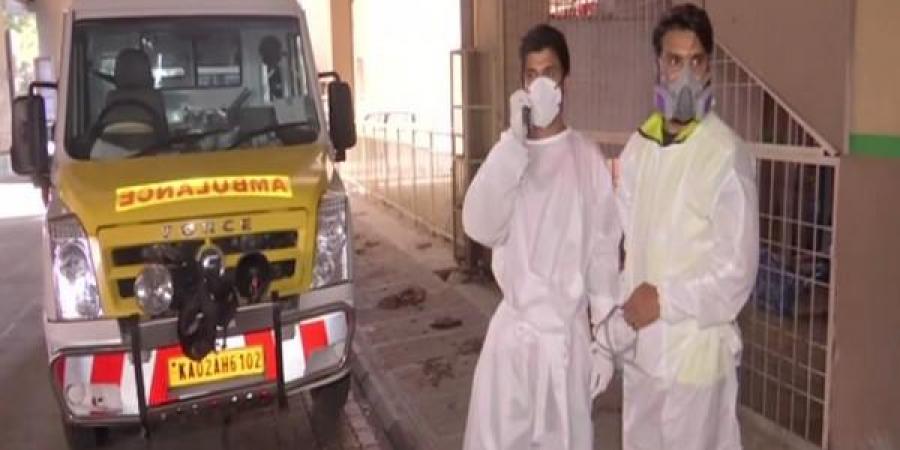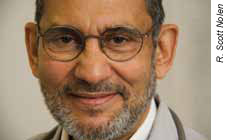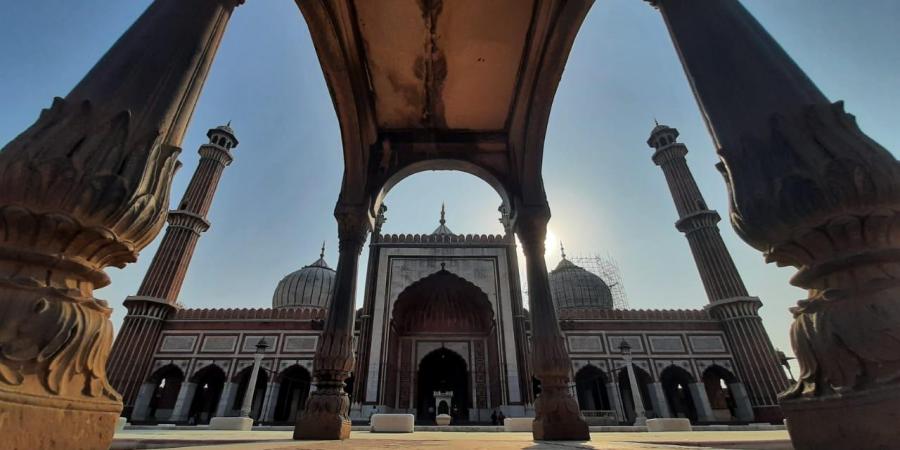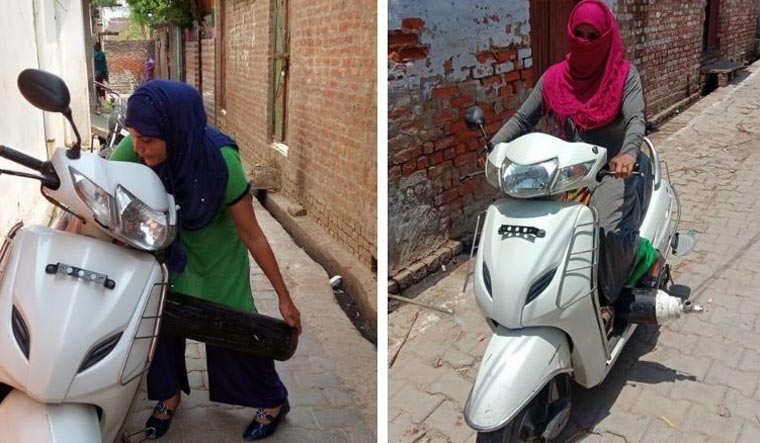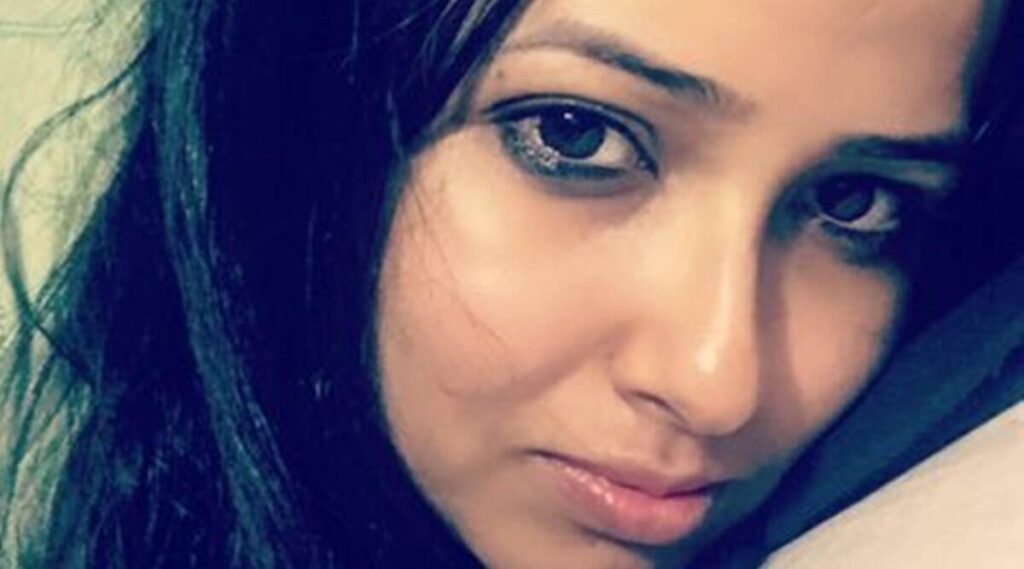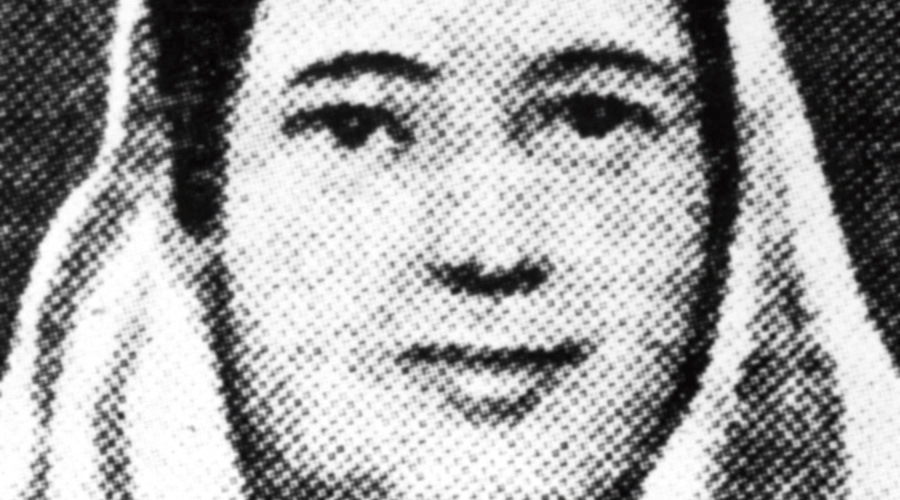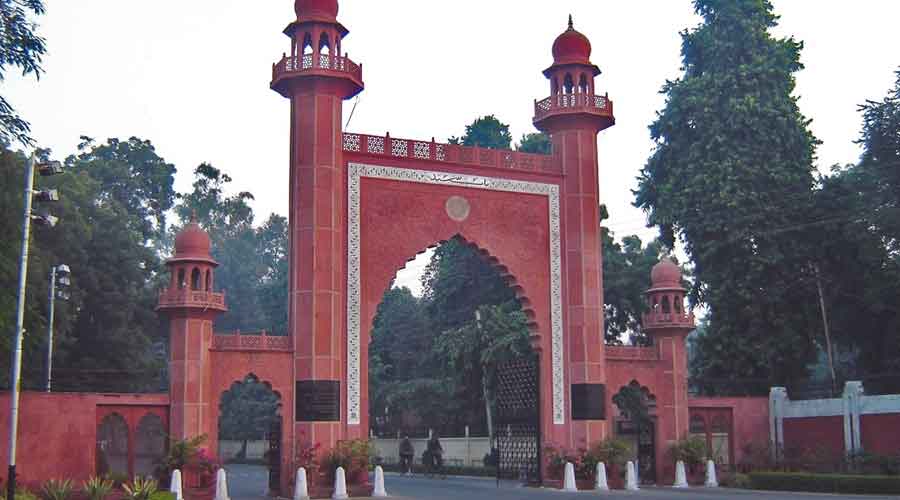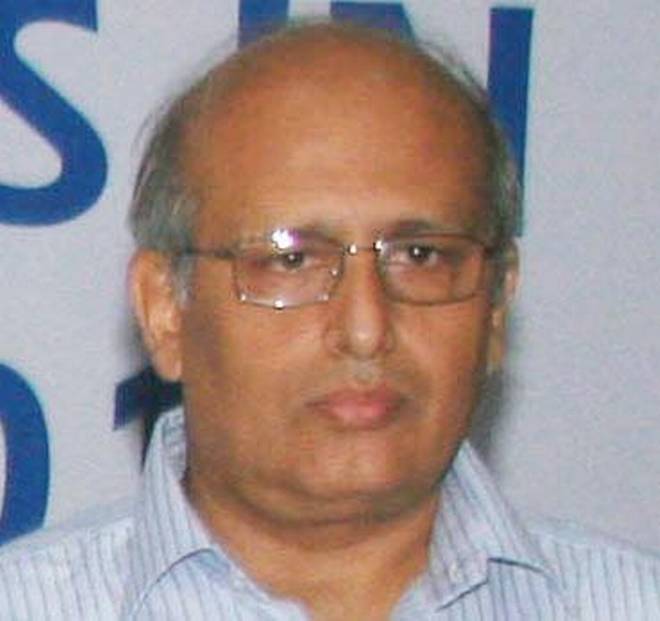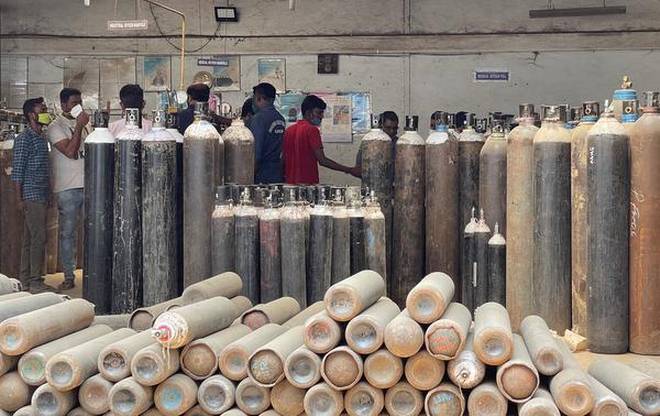Bidar, KARNATAKA :
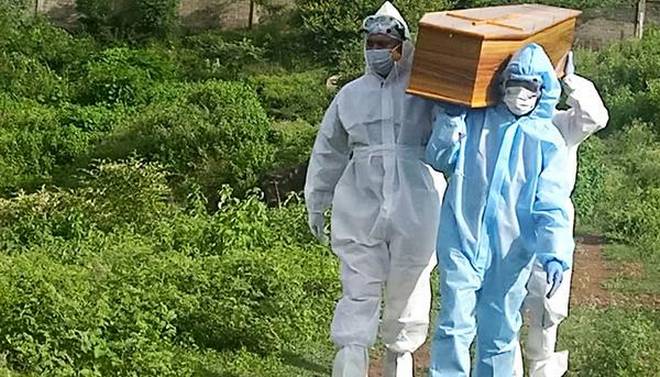
His NGO has performed last rites of over 700 COVID-19 victims
Humanity First foundation, a Bidar-based NGO, has been performing the last rites of COVID-19 patients ever since the epidemic broke out in 2020.
Majeed Bilal, a small business owner who founded the NGO, says members have performed the last rites of over 700 bodies so far, irrespective of faith.
The rituals of different religions are followed during the final rites . The services are free, though the NGO accepts donations.
Mr. Bilal has spent a considerable amount of his own money on this service. “My family had two small plots in Bidar. I have sold them, to set up this NGO and conduct the final rites of COVID-19 victims with honour,” he told The Hindu.
He feels the stigma attached to COVID-19 is discouraging some families from attending the funerals of their loved ones.
“We mostly work around Bidar. But there haven been instances where our hearses have gone to places like Hyderabad, Kalaburagi, Humnabad, Bhalki, and Aurad to fetch the mortal remains,” he said.
At first, he converted a van that he used for his business into an ambulance and hearse. He rushed patients to hospitals and carried bodies from hospitals to the graveyards. Later, some philanthropists donated two hearses to the NGO.
“In some cases, the families pay us ₹1,000-2,000 per cremation. We use it to buy wood and kerosene. In case of burials, the city municipal corporation helps us by digging pits,” he said.
He began the last rites after an incident near his house early in 2020. “An old woman had died and even her children were afraid to go near the body. CMC personnel carried the body in an earthmover and threw it in a pit. I decided to start volunteering at conducting the last rites and some of my friends joined me,” he said.
Mr. Bilal is married with children. But for over a year he has been living in a boarding house, to avoid any chance of infecting his family members. His friends, business associates, and some family members who have been helping him have also been staying in lodges and boarding houses.
Members of the foundation follow COVID-19 protocol while performing the last rites.
“We have been routinely undergoing RT-PCR tests. I have tested myself 28 times and each time the result was negative. I would like to think that is the Almighty’s way of blessing me,” he added.
source: http://www.thehindu.com / The Hindu / Home> News> States / by Rishikesh Bahadur Desai / Belagavi – May 19th, 2021
